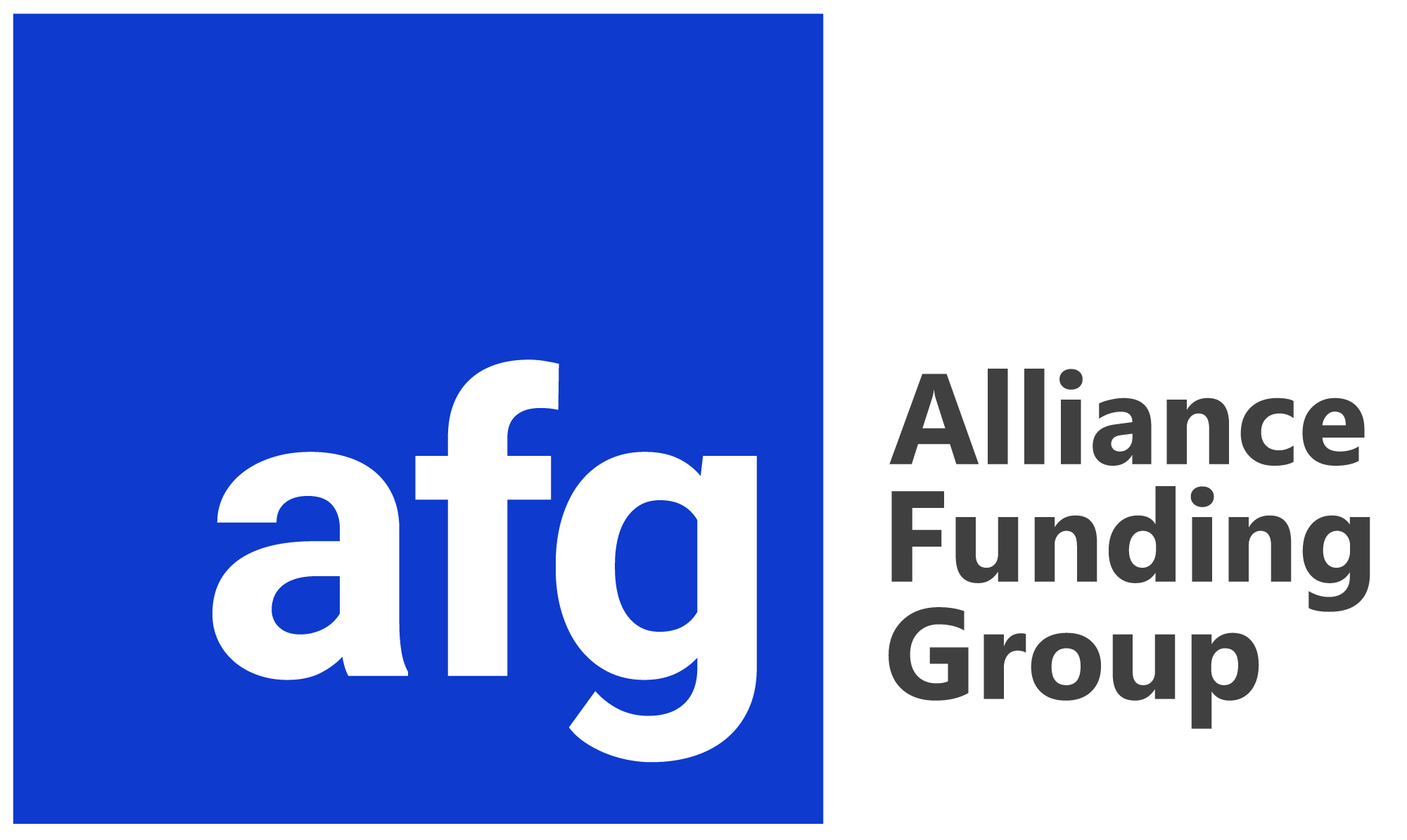The Resurgence of Manufacturing: A $1 Trillion Shift Unveiled
The manufacturing industry in the United States is currently undergoing a significant transformation, driven by technological advancements and substantial investments. A recent report by Goldman Sachs highlights this trend, with over $1 trillion invested in manufacturing and infrastructure, signaling substantial growth and innovation in the industry. This period of change presents valuable opportunities for manufacturing businesses, and we are here to provide insights and support to navigate this evolving landscape.
The Emerging Trend in Manufacturing Investments
Recent data underscores the scale of this industrial resurgence, with a substantial increase in projects, particularly in semiconductor manufacturing, electric vehicle and battery plants, and clean energy projects. Notably, semiconductor plants account for a significant portion of these investments, totaling $222 billion. These figures signify a shift toward a more advanced and sustainable manufacturing ecosystem in the U.S.
Understanding the Current Scenario
Goldman Sachs’ analysis also reveals a notable increase in project activities, with projections indicating more than $80 billion in investments for both 2022 and 2023. This is a substantial contrast to the average annual investment of $23 billion observed from 2011 to 2021. However, it’s important to note that these are early stages, and a majority of equipment orders are yet to be fulfilled.
![]()
Grasping Project Timelines and Challenges
These investments often entail significant delays between project announcements and equipment orders. For instance, while a non-residential construction project might take 18–24 months from groundbreaking to production initiation, a semiconductor plant can take 36–60 months. Manufacturers must understand and plan for these delays.
Adapting to Capital-Intensive Venture
We recognize that stepping into or expanding within the manufacturing sector demands substantial financial resources. Our approach at AFG revolves around developing customized financing solutions aimed at easing the initial financial load, all while prioritizing manageable terms and efficient cost management strategies.

As we witness a substantial transformation in the U.S. manufacturing industry, it becomes apparent that we are entering a new era of industrial development. This shift presents various challenges and opportunities, particularly in the realm of financial planning and equipment financing & investments. At AFG, our commitment lies in offering support to comprehend these shifts, adapt strategies accordingly, and prosper in this dynamic phase of American manufacturing.

